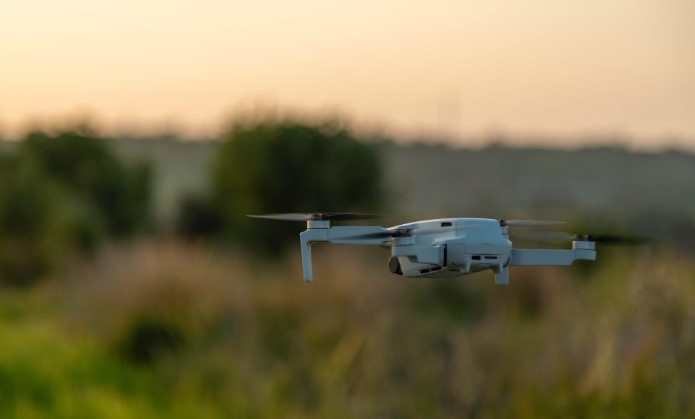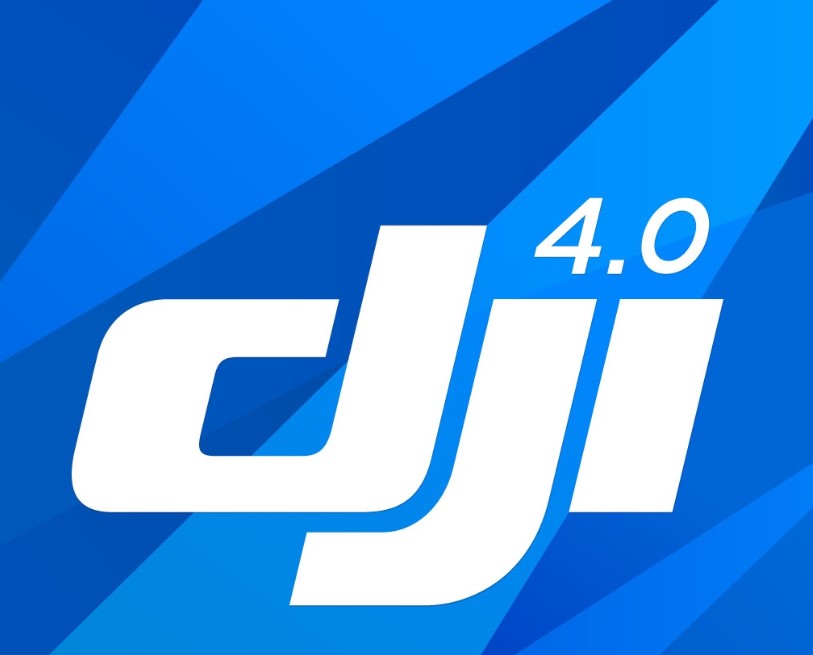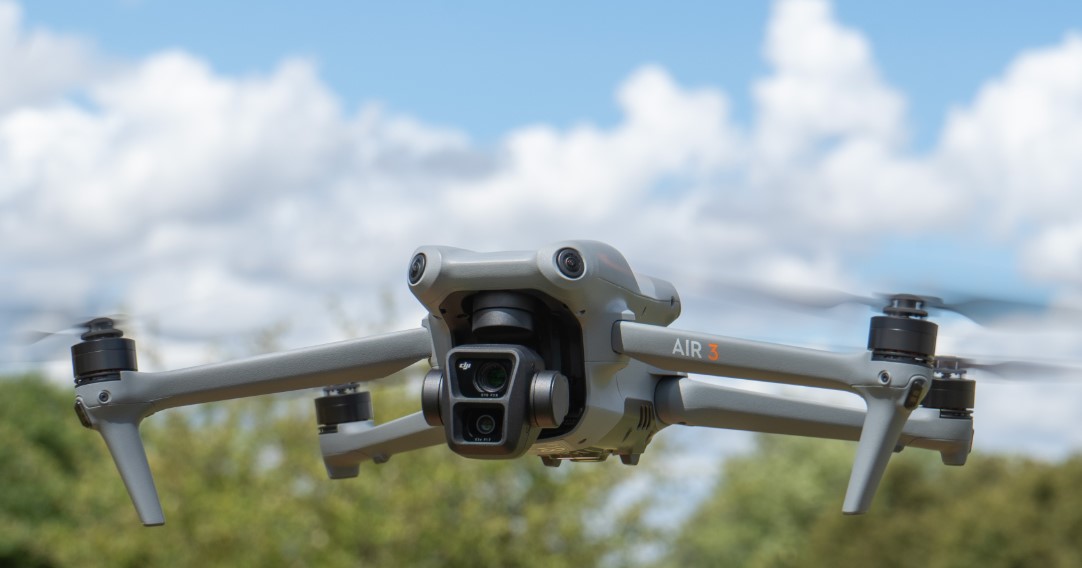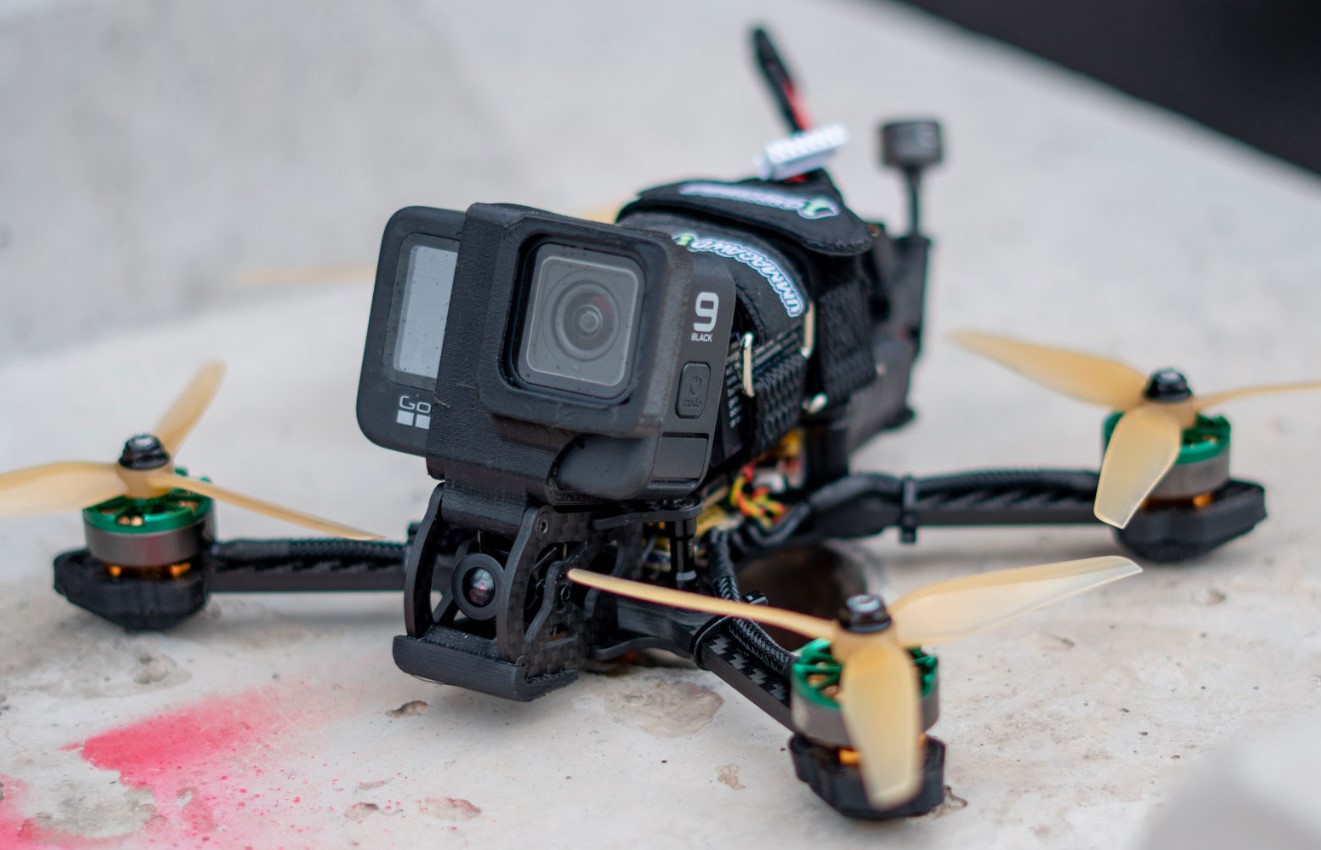Is Drone Deer Recovery Legal in Georgia? The use of drones has revolutionized various industries, including agriculture, surveillance, photography, and wildlife management. One specific application gaining traction is drone-assisted deer recovery, a technique employed by hunters and conservationists to locate injured or harvested deer more efficiently. However, the legality of this practice varies widely from state to state in the United States. In Georgia, a state renowned for its rich hunting culture, the legalities surrounding drone deer recovery remain a topic of interest and debate. This article delves into the laws, ethical considerations, and practical implications of using drones for deer recovery in Georgia. Follow Dronevoz.com !!!
Understanding Drone-Assisted Deer Recovery
Drone-assisted deer recovery involves deploying drones equipped with high-resolution cameras and thermal imaging technology to locate deer. This method offers several advantages, such as reducing the time spent searching for a downed animal, minimizing physical strain, and improving success rates in retrieving deer meat or antlers. For conservationists, drones can help monitor deer populations and track injured animals, ensuring their humane treatment.
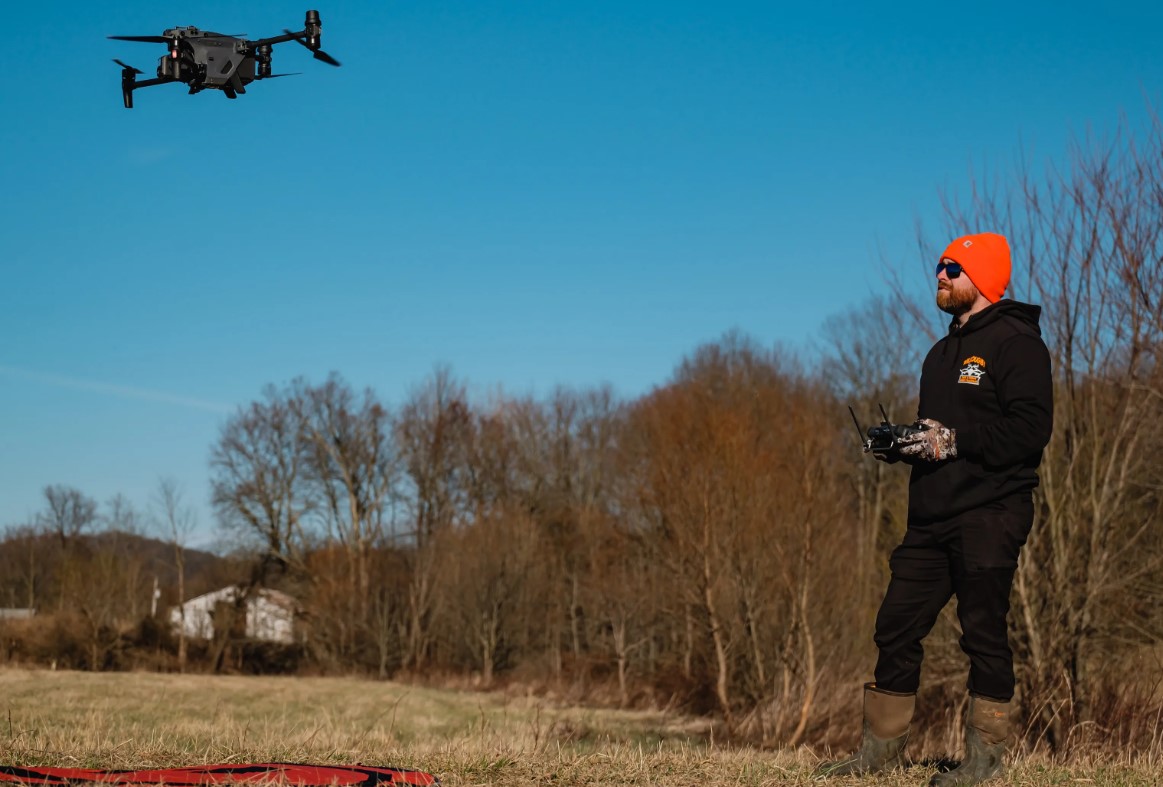
The Legal Framework for Hunting and Drone Use in Georgia
Georgia’s hunting laws are governed by the Georgia Department of Natural Resources (DNR), which sets regulations to ensure ethical hunting practices and wildlife conservation. The Federal Aviation Administration (FAA) also plays a role in regulating drone operations, including those for recreational and commercial purposes.
FAA Regulations for Drone Use
The FAA requires drone operators to comply with Part 107 rules, which include:
- Registering drones weighing over 0.55 pounds.
- Flying drones within visual line of sight.
- Avoiding flights over people or moving vehicles.
- Prohibiting drone operations at night unless equipped with proper anti-collision lighting.
While these regulations govern general drone usage, specific applications like deer recovery fall under state jurisdiction.
Georgia’s Hunting Laws
In Georgia, hunting laws prohibit certain methods and tools deemed unfair or unethical. For instance, hunters are not allowed to use aircraft or motor vehicles to locate or drive game animals. These restrictions aim to maintain fair chase principles, a cornerstone of ethical hunting.
Although drones are not explicitly mentioned in Georgia’s hunting regulations, their classification as “aircraft” under certain interpretations could make their use for locating deer illegal. Hunters must tread carefully and consult with local DNR officials to avoid inadvertently violating these rules.
>>> Read More: Is Drone Deer Recovery Legal in Florida?
Is Drone Deer Recovery Legal in Georgia?
The legality of drone deer recovery in Georgia hinges on several factors, including the purpose of the drone’s use and its timing relative to the hunting process.
- Drones for Locating Live Deer: Using drones to locate live deer for hunting purposes is unequivocally illegal in Georgia. This practice violates fair chase principles by giving hunters an undue advantage.
- Drones for Recovering Harvested Deer: The legality becomes murkier when drones are used post-harvest to locate a downed deer. While this use does not directly influence the hunt, it could still be interpreted as an unethical advantage, depending on how state officials view the technology’s impact on traditional hunting values.
- Drones for Conservation Efforts: Conservationists and researchers using drones for population monitoring or studying injured deer typically fall outside hunting regulations. However, they must still adhere to FAA rules and secure any necessary permits.
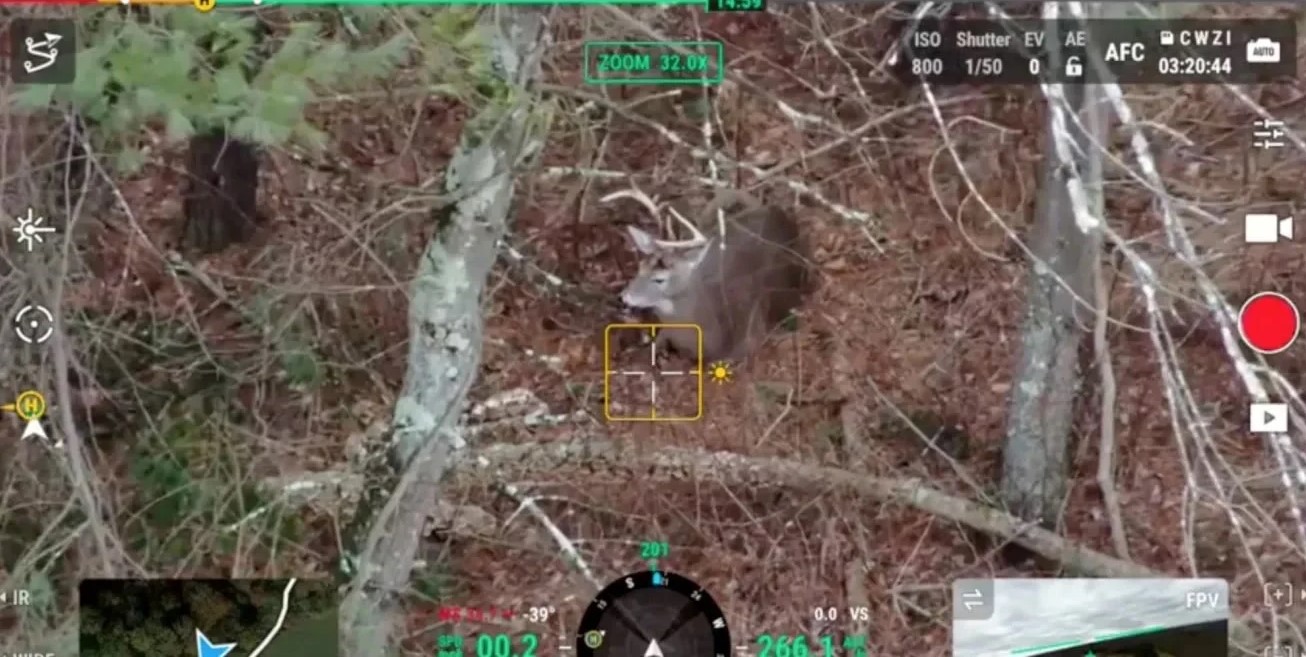
Ethical Considerations in Drone Deer Recovery
Even in states where drone deer recovery is legal, ethical questions remain. Traditional hunting is deeply rooted in principles of skill, patience, and respect for wildlife. Critics argue that using drones undermines these values, making the process overly mechanical and impersonal.
On the other hand, proponents highlight the efficiency and humane aspects of drone deer recovery. Quickly locating a downed animal reduces the risk of spoilage, ensures full utilization of the harvest, and prevents unnecessary suffering for injured deer. Striking a balance between technological advancement and traditional ethics is a challenge hunters and regulators must navigate.
Practical Implications for Hunters in Georgia
Hunters in Georgia considering drone-assisted deer recovery should keep several practical points in mind:
- Consult Local Authorities: Always check with Georgia DNR officials for the latest interpretations of hunting laws and guidelines on drone usage. This step ensures compliance and prevents unintentional legal violations.
- Understand the Equipment: Not all drones are equipped for deer recovery. Models with thermal imaging capabilities are typically required to locate animals effectively, especially in dense forests or during low-light conditions.
- Respect Property Rights: Flying a drone over private property without permission is illegal and could lead to conflicts with landowners. Hunters must ensure they have the necessary permissions before operating drones in specific areas.
- Consider Alternative Recovery Methods: While drones offer convenience, traditional methods such as trained tracking dogs remain a reliable and legal option for deer recovery in Georgia.
Legislative Trends and Future Outlook
As technology continues to evolve, states across the U.S. are revisiting their hunting laws to address the implications of drone usage. Some states, like Colorado and Montana, have explicitly banned drones for hunting and recovery, while others are more permissive under certain conditions.
In Georgia, the conversation around drone deer recovery is likely to intensify as more hunters and conservationists adopt the technology. Advocacy groups on both sides of the debate are pushing for clearer regulations to eliminate ambiguity and ensure fair practices. Hunters should stay informed about legislative updates and actively participate in discussions shaping the future of hunting in the state.
Conclusion
The question, “Is drone deer recovery legal in Georgia?” does not have a straightforward answer. While using drones to locate live deer is unequivocally prohibited, the legality of employing them for post-harvest recovery remains ambiguous and subject to interpretation by state officials. Hunters must navigate this gray area cautiously, adhering to both state hunting regulations and FAA guidelines.
Beyond legality, the ethical considerations of drone deer recovery warrant careful reflection. Balancing efficiency and humane practices with traditional hunting values is essential for preserving the integrity of Georgia’s rich hunting heritage. As laws and technologies evolve, ongoing dialogue among hunters, conservationists, and regulators will play a critical role in shaping the future of this innovative yet controversial practice.
